After an office visit, doctors, nurses and other health care providers write notes that summarize important information about you. These notes become a part of your medical record.
When a note is shared with you it becomes an “open note.” Notes are the story of your health care and connect other elements in your medical record.
Did you know?
- Health systems are required to share your notes with you
- Reading your notes can help you manage your health care
- Reading your notes can help you take more control of your health
- Studies show that open communication with your doctor or nurse benefits you and your care partners

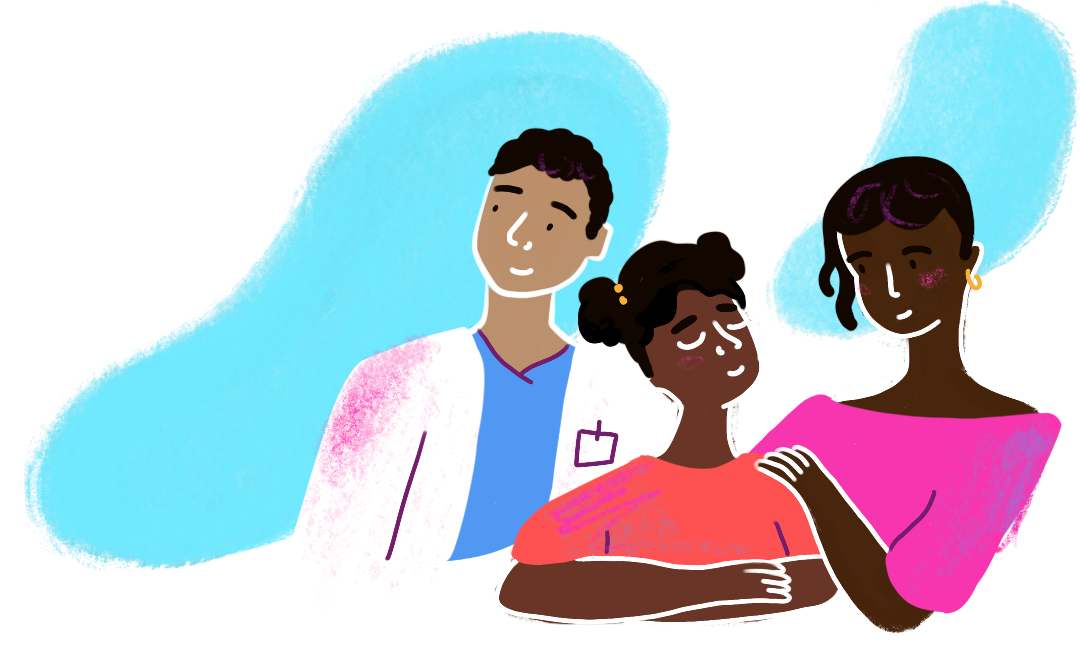
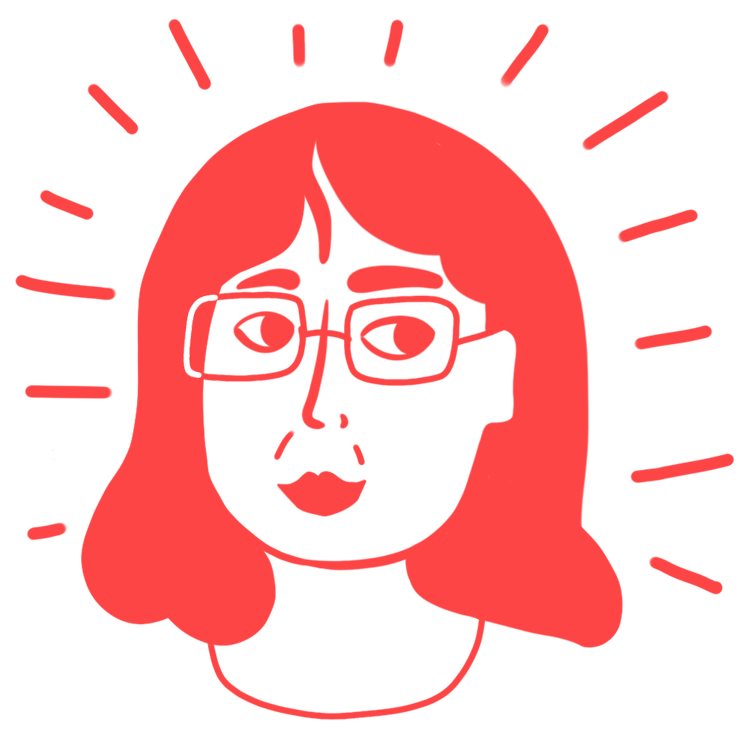

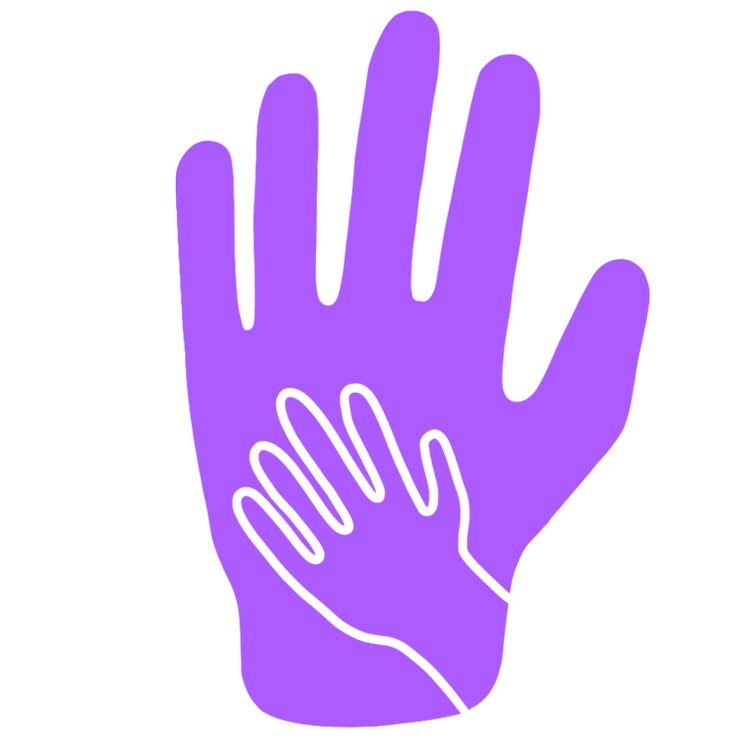
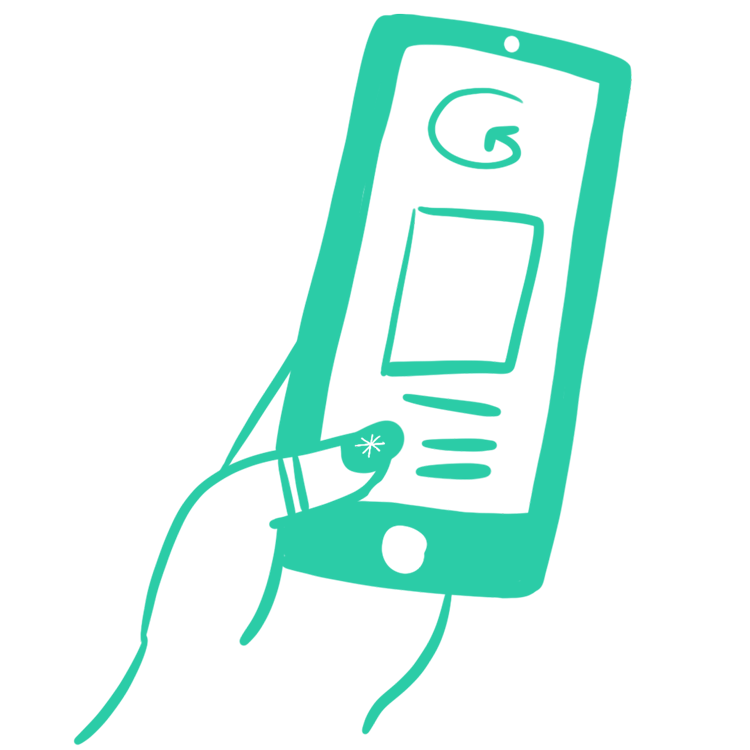

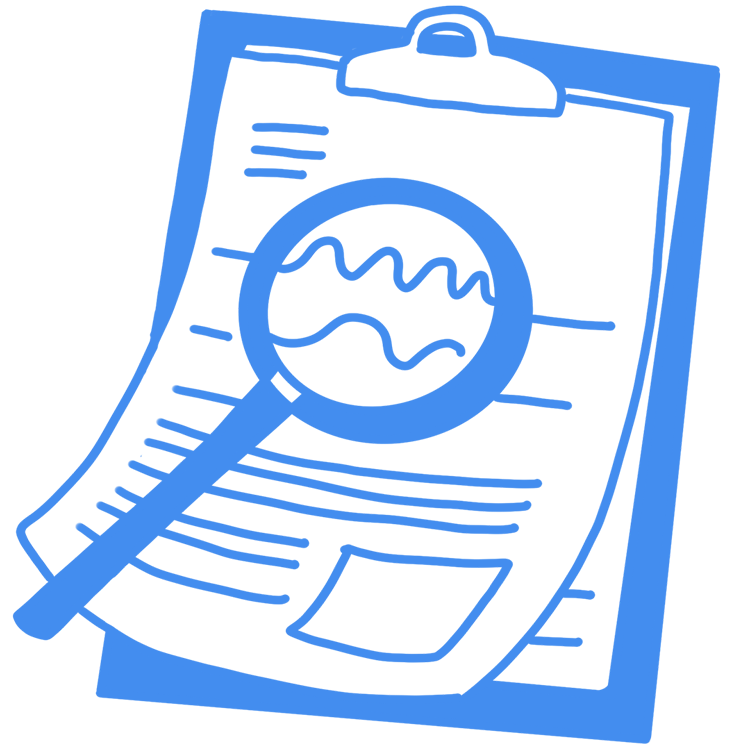


 OpenNotes is a global movement. We encourage and study open and transparent communication in health care. We work with patients, families, doctors, nurses, social workers, and other clinicians. We are part of the Beth Israel Deaconess Medical Center, which is a Harvard Medical School teaching hospital. Our work is not-for-profit, and we are supported by grants and donations. To support OpenNotes and to learn more, visit the
OpenNotes is a global movement. We encourage and study open and transparent communication in health care. We work with patients, families, doctors, nurses, social workers, and other clinicians. We are part of the Beth Israel Deaconess Medical Center, which is a Harvard Medical School teaching hospital. Our work is not-for-profit, and we are supported by grants and donations. To support OpenNotes and to learn more, visit the 

